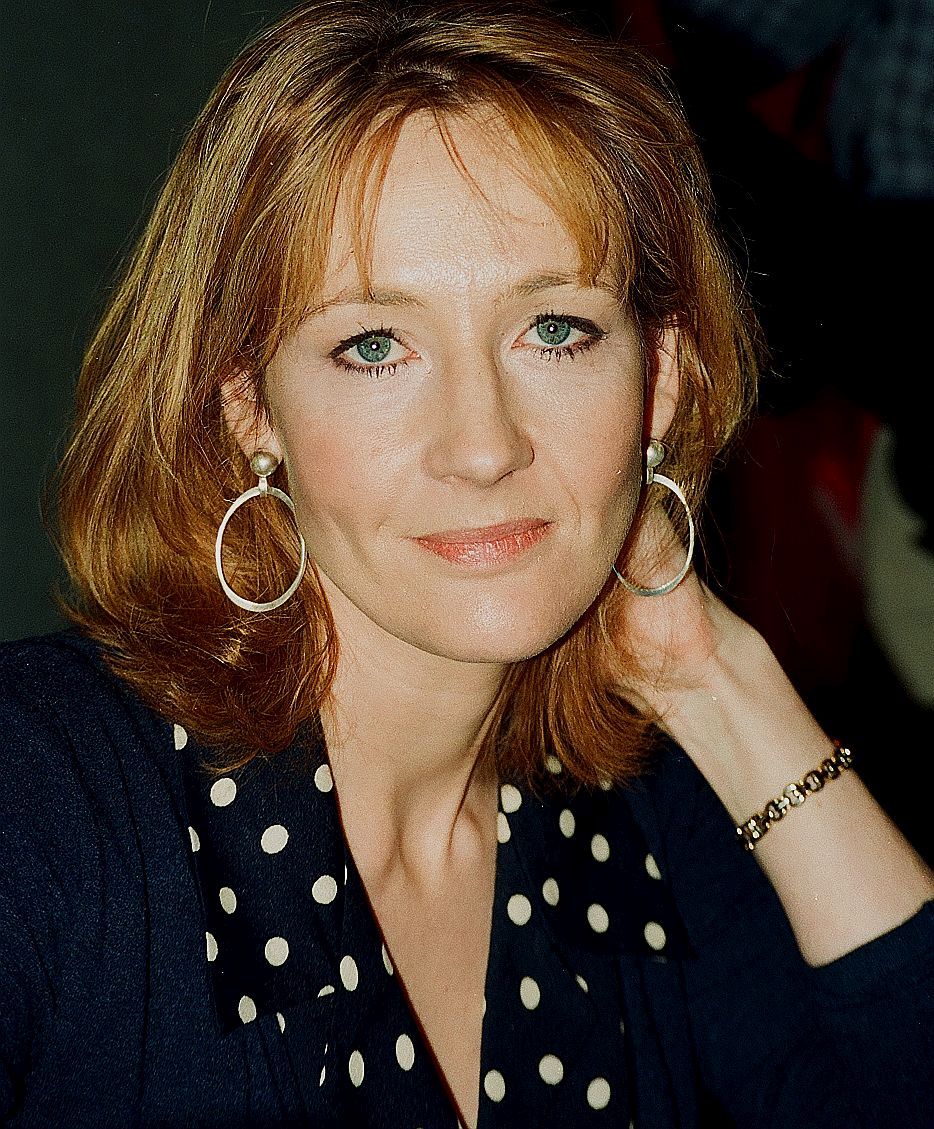The world’s deepest man-made hole, named the Kola Superdeep Borehole, plummets more than 4,230 feet into the earth, reaching well over an impressive 12 kilometres. Legend has it that if you go right down to the bottom, you will find J.K Rowling still hacking away with a shovel in both hands.
There are many ways to respond after offending the public. In this age of cancel culture, where few celebrities have managed to emerge unscathed, we’ve seen it all. You can simply ignore the backlash as though it weren’t there, stubbornly rearing all consequences. There is the classic route of issuing a Twitter apology (with bonus points if written out on the notes app), and then lying low until someone else is put up on the firing line. Or, there is always the option of doubling down and basking in the glory of being an anti-hero, in true Katie Hopkins style. Since first being spotlighted for alleged transphobia two years ago, J.K. Rowling has somehow managed to do them all.
Rowling’s fall from grace was made uniquely sensational by the fact that she was once an inspiration to the disenfranchised. The first viral instance in what has become an ongoing saga took place back in June 2020. The author took umbrage (no pun intended) with a tweet referring to “people who menstruate”. She responded snarkily that she was sure “there used to be a word for that. Someone help me out. wumben? wimpund? Woomud?”. The callous phrasing suggested her comment was made with a full understanding of the outrage it would provoke. Rowling seemed to confirm this with a further public statement, writing “If sex isn’t real, the lived reality of women globally is erased. I know and love trans people, but erasing the concept of sex removes the ability of many to meaningfully discuss their lives. It isn’t hate to speak the truth.”
She went on to claim to “respect every trans person’s right to live any way that feels authentic and comfortable to them.” But this statement has been starkly undercut by late actions, namely the September 2020 publication of the novel Troubled Blood, in which detectives investigate a transvestite serial killer’s murder of women.
This month, Rowling shared an article with the hashtag “I Stand with the LGB Alliance”, an organisation labelled a far-right hate group in Ireland, currently facing a court case that may strip them of their charity status in the UK. The group has stated that “we will not have any man with a penis tell us he is a lesbian simply because he feels he is”, claiming to speak for all lesbians despite admitting under oath that gay women comprise only 7 per cent of its membership. In defence of the glaring omission of the T in the acronym, they claim to be avoiding the inclusion of non-queer fringe groups such as Beastiality. It is unclear how Rowling imagines she is convincing anyone of her supposed allegiance with the transgender community when she has aligned herself with an organisation that wishes to erase them.
Now, J.K. Rowling’s latest novel Ink Black Heart (2022) follows a YouTube cartoon creator who is stabbed and doxxed by her fandom after facing allegations of transphobic and racist content. Given that it is six-hundred pages longer than Dune, it seems that the author had a lot to get out of her system through this latest publication. Incredibly, Rowling has denied the real-life parallels between her plotline and the multiple claims of her targeting the trans community; putting herself in a position worryingly akin to one of a child insisting that they didn’t open the cookie jar even though they are covered in crumbs.
Perpetually unable to decide if she wishes to dive headfirst into controversy or bend backwards to prove her own righteousness, the once beloved ex-tycoon has proved that no matter how enormous your empire or your fanbase, self-centred and messy handling of controversy makes it all count for little. The latest progression of the scandal has also re-invigorated scrutiny over the ignorant stereotypes that appear in the Harry Potter series, including the Chinese character named Cho Chang, an Irish boy who constantly blows himself up, and stingy goblins with large noses who run the banks.
J.K. Rowling, however, is not the first influential woman accused of abusing her position to spread transphobic messaging. In October 2021, Kathleen Stock was forced to resign from her position as a philosophy professor at the University of Sussex, after claiming that gender identity “does not outweigh biological sex”. The incident sparked fierce debate on the freedom of speech, and just how far cancel culture should be allowed to extend.
The escapade, too, has highlighted the fickleness of public opinion. Ironically, many far-right commentators who have praised Rowling’s stance in the past are likely to be the same that attacked her after she supported the casting of a Black Hermione in the West End Harry Potter spinoff The Cursed Child. This fickleness might work in Rowling’s favour if she ever decided to apologise for validating anti-transphobic rhetoric from her influential position. While cancel culture has yet to strike a totally healthy balance, Rowling could certainly at least take steps to redeem herself, if she were willing to learn and discuss on a level with those whom she is attacked. But if we are to take the past as any indication of future moves, this won’t be the last that we hear from her.
Image ‘J K Rowling’ by John Mathew Smith & www.celebrity-photos.com is licenced under CC BY-SA 2.0.

